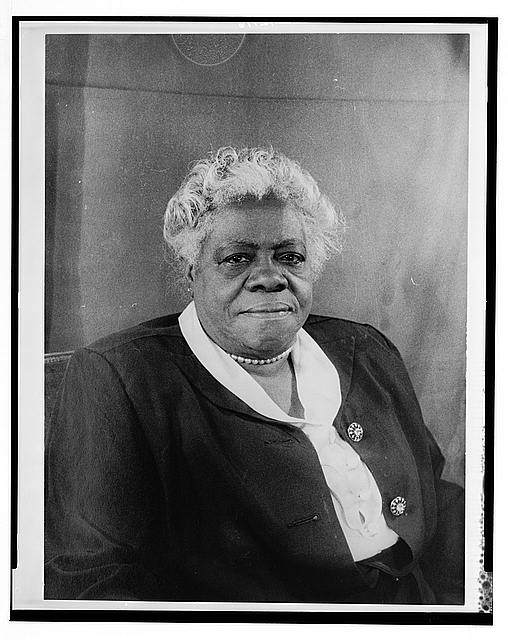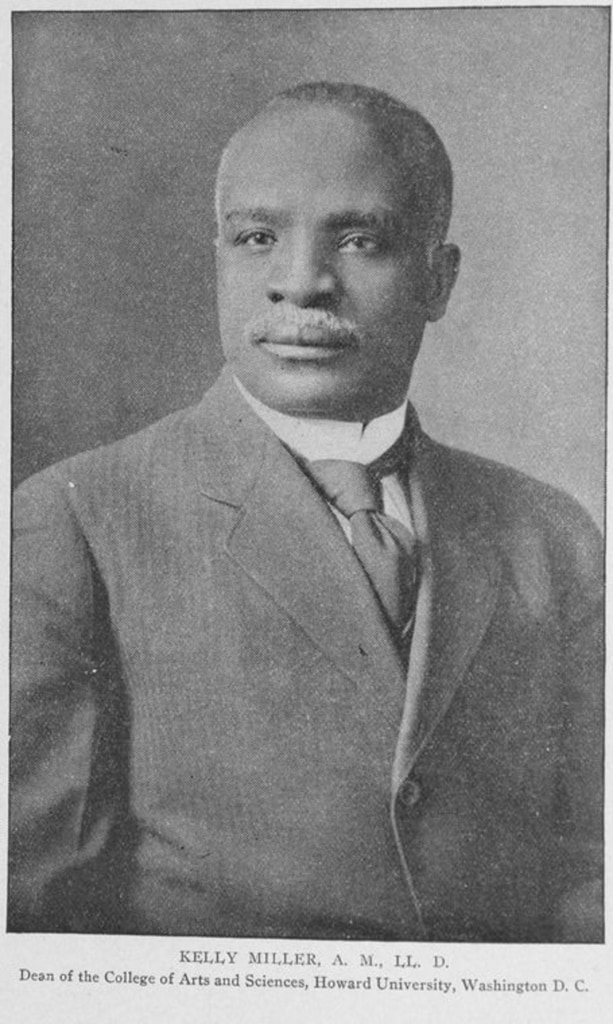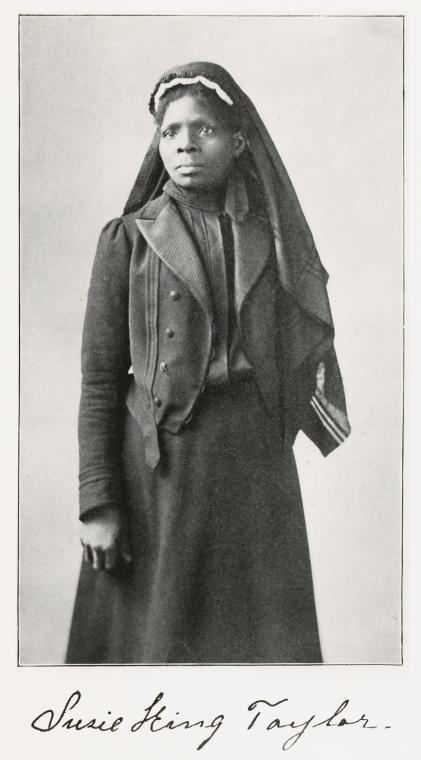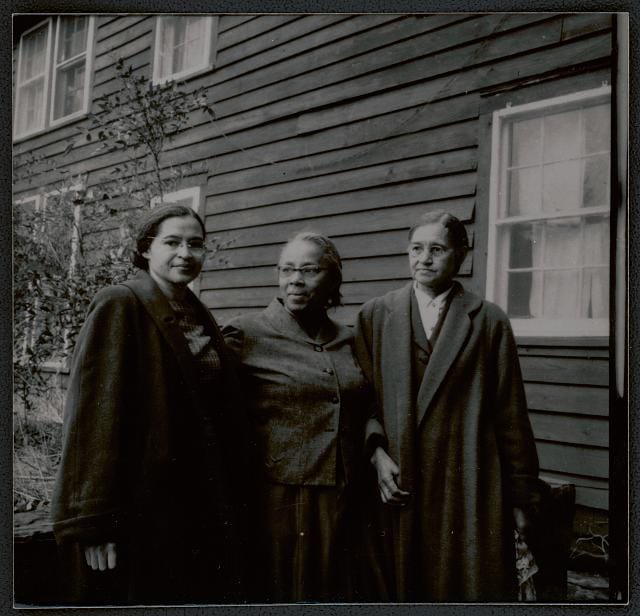Black History Month is a month of observance, and a chance to celebrate Black achievement in the U.S.
At Bryan University, we provide an inclusive educational experience through our core belief that all students can succeed. In honor of Black History Month, we’re highlighting six iconic Black educators who changed history.

Dr. Mary McLeod Bethune was an activist and one of the country’s leading educators.
In 1904, she started the Daytona Literary and Industrial Training Institute for Negro Girls. At the start, the school only had five students but within two years that grew to 250. In 1923, it merged with the Cookman Institute of Jacksonville to become what we know today as Bethune-Cookman University.
Bethune stayed at the school until 1942. She went on to found many organizations and worked with several presidents, most notably President Franklin Roosevelt as an advisor. She became the vice president of the NAACP in 1940 and held the position until she died in 1955.
Fanny Jackson Coppin was an educator and missionary who became the first African American woman to hold the title of school principal.
She was also the second African American woman to graduate from college when she earned her bachelor’s degree in 1865 at Oberlin College in Ohio — the first college in the U.S. to accept Black and female students.
After earning her degree, in 1865 Coppin started as a teacher at the Institute for Colored Youth in Philadelphia. She became the principal of the Ladies Department within a year and in 1869 she became principal of the entire school. She held the title until 1906 when she retired. She died in 1913.

Kelly Miller was a mathematician and the first Black man to attend Johns Hopkins University.
Miller graduated from Howard University in 1886 and then became the first Black man admitted to study at Johns Hopkins, where he did post-graduate work until 1889. He studied math, physics, and astronomy.
In 1865, Miller became the first person to teach sociology at Howard University. He went on to become the dean of Howard’s College of Arts and Sciences in 1907. He continued to teach until he died in 1939 at his home on the school’s campus.
Dr. Edmund Gordon is a distinguished educator who has authored more than 400 articles and 25 books.
Gordon is a psychologist and child development expert who served as the Chief of the Head Start Research Office where he took part in the design and evaluation of the program. Head Start is a federal program that provides preschool education, nutrition, and healthcare assistance to families in need.
From 2011 to 2013, Gordon organized and mentored the Gordon Commission on the Future of Assessment in Education. The Commission, which was made up of 30 scholars, policymakers, and practitioners, identified critical issues concerning education assessment.

Susie King Taylor was a nurse and educator who became the first Black teacher to openly educate African Americans in Georgia when she was only 14.
Taylor went on to teach members of the first Black regiment of the U.S. Army how to read and write while also working as a nurse and laundress.
She was the only African American woman to publish a memoir of her experience during the war.

Septima Poinsette Clark was a teacher and civil rights activist who fought for equal job placement and pay within education.
While Clark worked as a teacher in South Carolina she successfully fought to get public schools in Charleston to hire African American teachers. She was also part of a successful case in 1945 that sought equal pay for Black and white teachers.
Clark went on to direct the Citizenship School program at Tennessee’s Highlands Folk School. The program taught its students how to instruct others in their communities in basic literacy and math skills.
The Southern Christian Leadership Conference took over the citizenship programs in 1961, and Clark joined as the SCLC’s director of education and teaching. More than 800 citizenship schools were created under her leadership.
Clark retired from the SCLC in 1970 and died in 1987.
Terms of submitting this form: I agree that Bryan University may contact me regarding educational services via email, telephone, SMS text message, or automated technology at the email address and phone numbers provided. Message and data rates may apply. Message frequency may vary. Text STOP to cancel anytime. This consent is not required to enroll. For questions, call 1-888-768-6861. Visit our Privacy Policy.